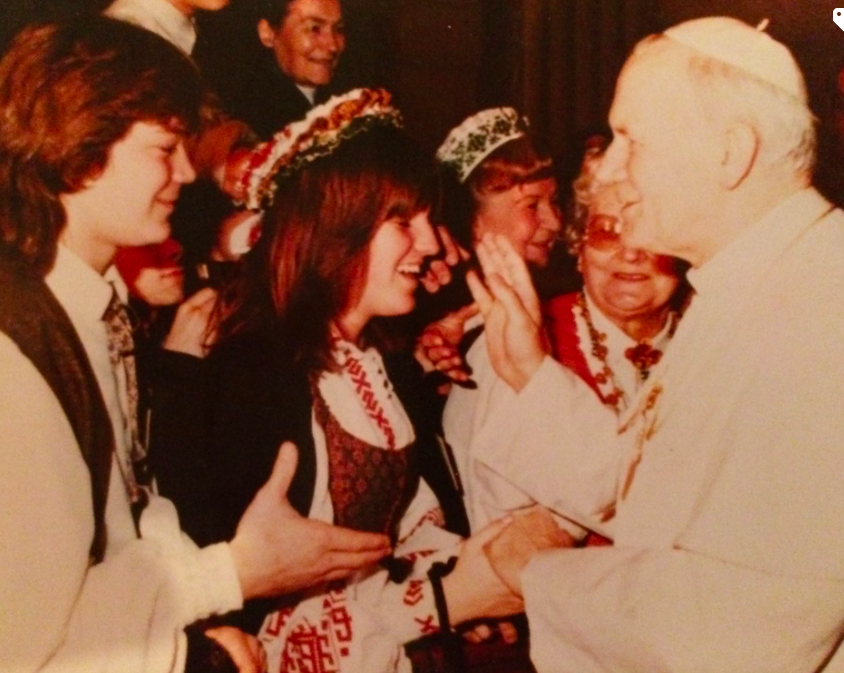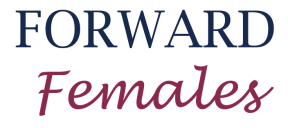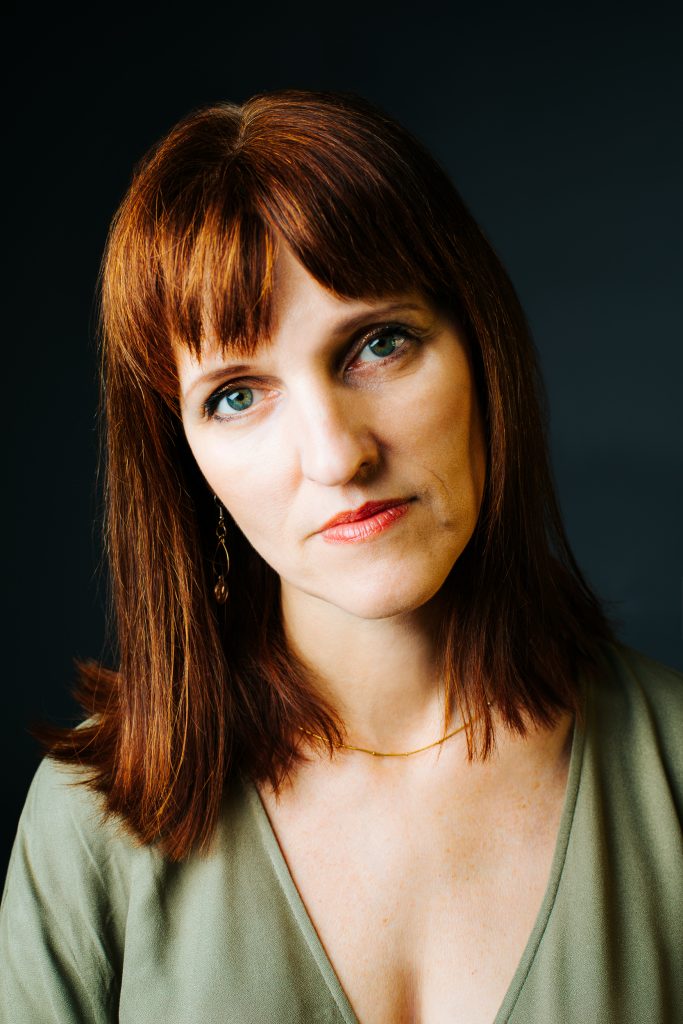
Milda DeVoe is the founder and executive director of Pen Parentis, an organization aimed to provide resources to professional writers who are also parents. She recently published a book, Book & Baby: The Complete Guide to Managing Chaos and Becoming a Wildly Successful Writer-Parent. DeVoe holds an MFA from Columbia where she was a Writing Fellow. Her short fiction has been internationally published and has won more than 20 mentions and awards. She also won the Regina Russo Outstanding Recent Graduate Award from her alma mater in June 1999, and her creative work has just been nominated for a fourth Pushcart Prize. A full list of her publications and awards can be found on her website.
How did your career path lead you to found Pen Parentis?
A common theme that’s run through my life is that I throw myself into things and create whatever doesn’t exist.
I started out wanting to be an opera singer but once I blew my voice out I became an actress and started theater companies. I learned nonprofit administration skills by starting these theater companies.
While I was working as an actress I was also working at a Japanese bank as an assistant and I had to look busy. I started writing a novel and the receptionist would edit my novel chapter by chapter. One day someone at work got angry and accused me of stealing her paper clips. I did not want to be in an environment where people were fighting over paper clips. So I quit. I applied to graduate school and was accepted to Columbia’s writing program.
After I graduated, I was writing and had two children at home. I heard that the Lower Manhattan Cultural Council gave a grant to artists to create a public event downtown. I applied to do a reading series called Pens and Pacifiers for writers with kids. Eventually, we changed the name to Pen Parentis. We developed a following, and a lawyer who was a regular attendee offered to help us become a nonprofit.
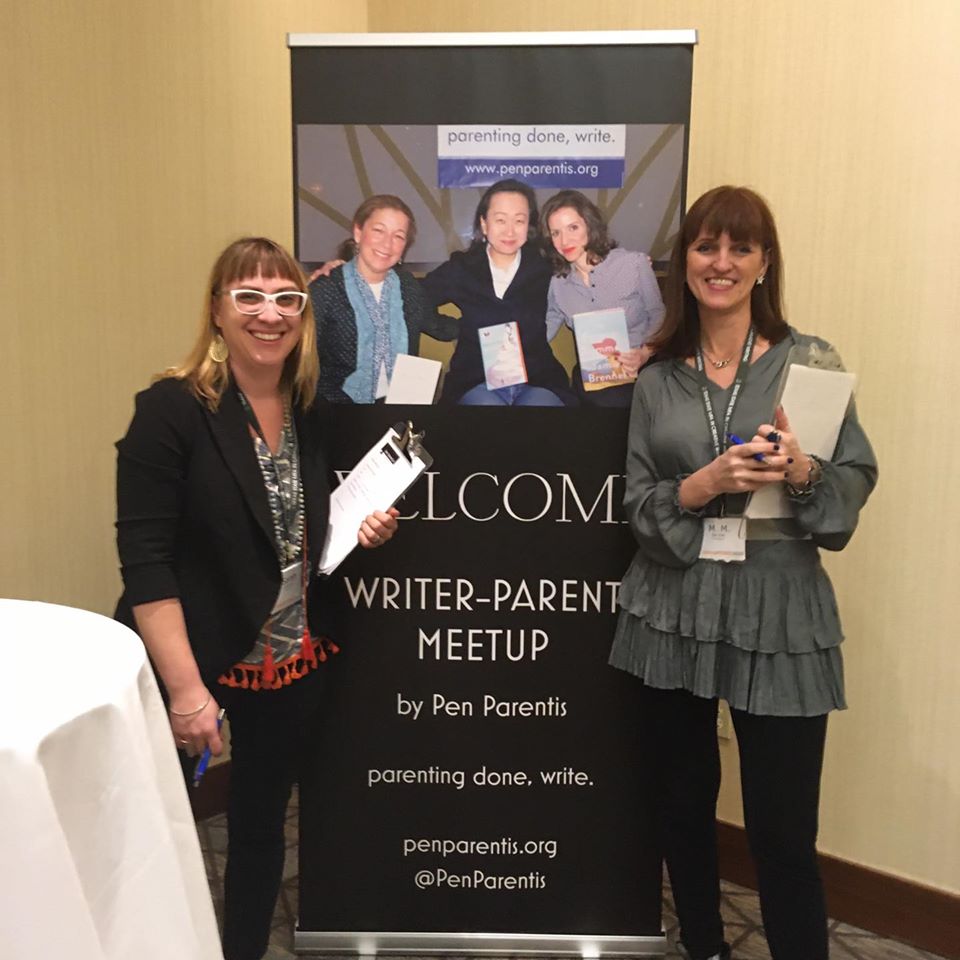
You filled a gap in the market. Why do you think this gap existed for so long?
People don’t like the idea of artists being parents. There is a cognitive dissonance. Lawyers and doctors are respected for juggling their careers with parenthood. However, writing isn’t viewed as a legitimate career so it’s easy to denigrate it. There isn’t a human resources department to turn to when you work in the arts. I became the HR department for writers. Once people understand that writing is a career, then it’s easy to conclude that writers need to find the resources to do their jobs and take care of their children.
Tell me more about the Fellowship for New Parents.
We’ve been awarding the Fellowship since 2010 to one person a year. The only requirement to enter is that you need to have one child under the age of ten. The submission piece must be fiction and always has a very small word count. The Fellow is awarded $1,000 to use toward their writing career, which may include childcare. They also have the opportunity to read at a Pen Parentis salon with other writers, get published in Dreamers Creative Writing magazine (both online and in print), and receive a year of mentorship. When you have young children, it’s the hardest time to keep yourself going. That’s when people give up writing. We wanted to support writers during this time.
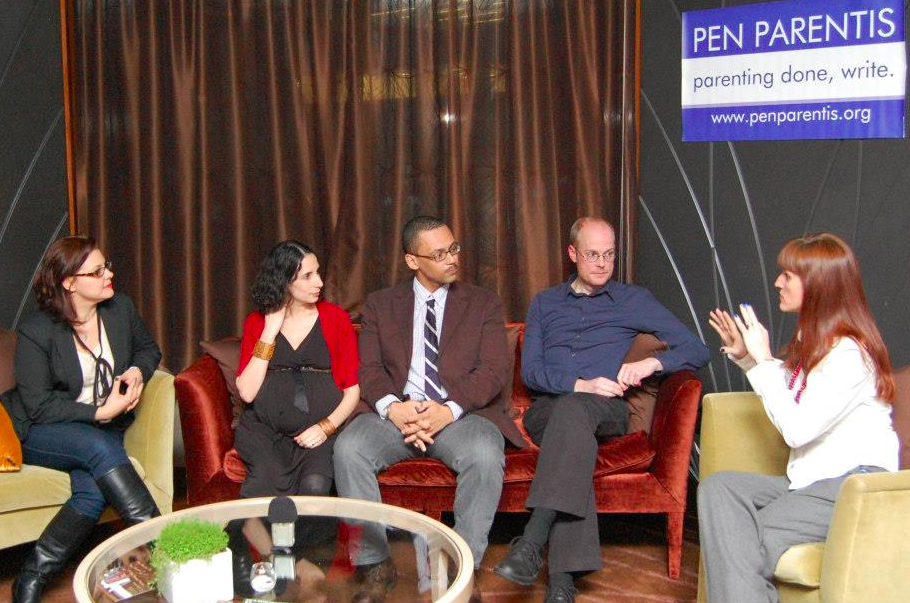
What advice do you have for writers who become parents?
Don’t stop. There will be guilt so just move on. Your baby doesn’t affect your talent so use it. You make time for things that are important. You just need to acknowledge that your writing is important.
How is Pen Parentis sustained financially?
We have government grants that support our programs and we have individual donations. Our funding base consists of a lot of small donors. We’re like Bernie Sanders.
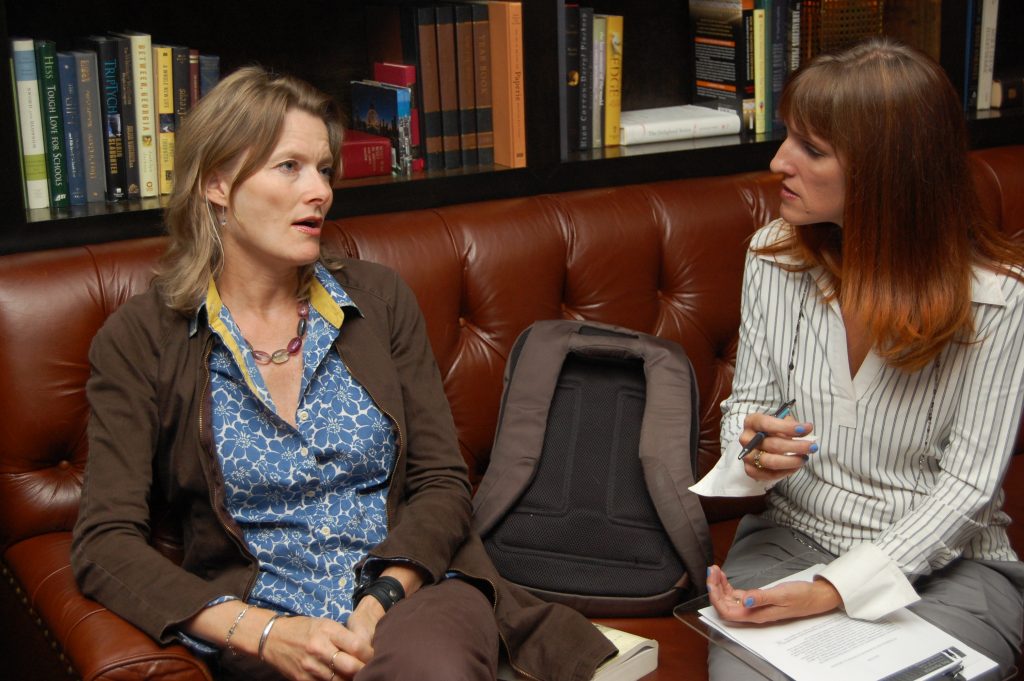
How has the pandemic affected your work?
There have been no in-person events, which has been a big change for Pen Parentis. One of our pillars is community, (the others are professionalism, balance and inclusion.) We had to maintain community during the pandemic. We moved everything online and made our Facebook and LinkedIn pages more active. All of our salons are now virtual.
How has being an author changed over time?
When I first started writing it was pre-Facebook. Now people are pitching agents on Twitter. The number of writers has proliferated. There used to be ten MFA programs in the country and now there are hundreds. People are reading more writing online that hasn’t gone through an editing process. It’s become a fascinating free for all. I think traditional publishing still has a place, but hybrid publishing has accelerated the pace of getting published. A lot of writers also now prefer to be published online because then they have a broader reach.
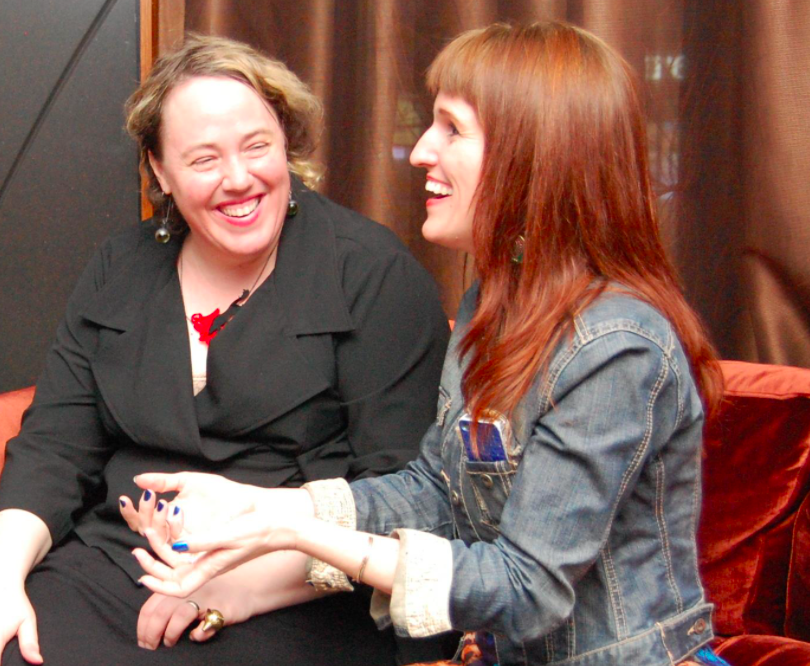
What was your biggest career mistake?
I wish I had taken advantage of the help that was offered to me when I was young. I used to think if I didn’t do it myself then it wasn’t my work. When I was in graduate school, people who worked at big magazines would offer to show my work to their editors and I never took them up on it. I was appalled that they even offered. I didn’t understand the value of a network.
What life experience has had the greatest impact on you?
When I was 15 my parents sent me to Germany in the 80s to attend a Lithuanian Boarding School. I had never been out of the country before and I went alone and lived there for two years. I saw that the world was a much bigger place than my little bubble in Texas. It was very insular where I grew up so going abroad opened my mind so much. I was ready for it because I had always been a big reader so I knew a larger world existed.
